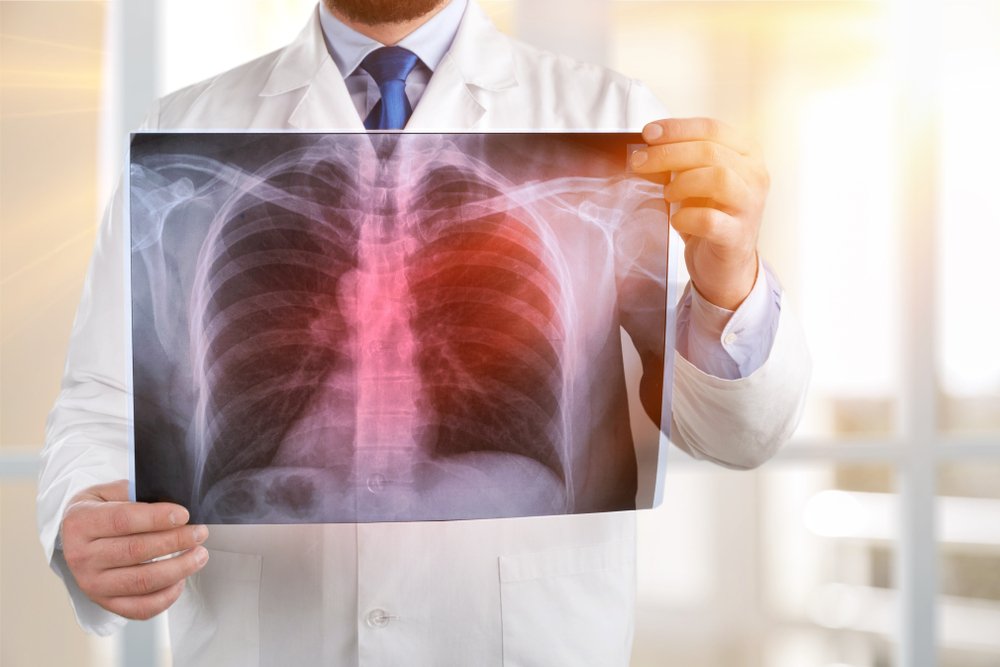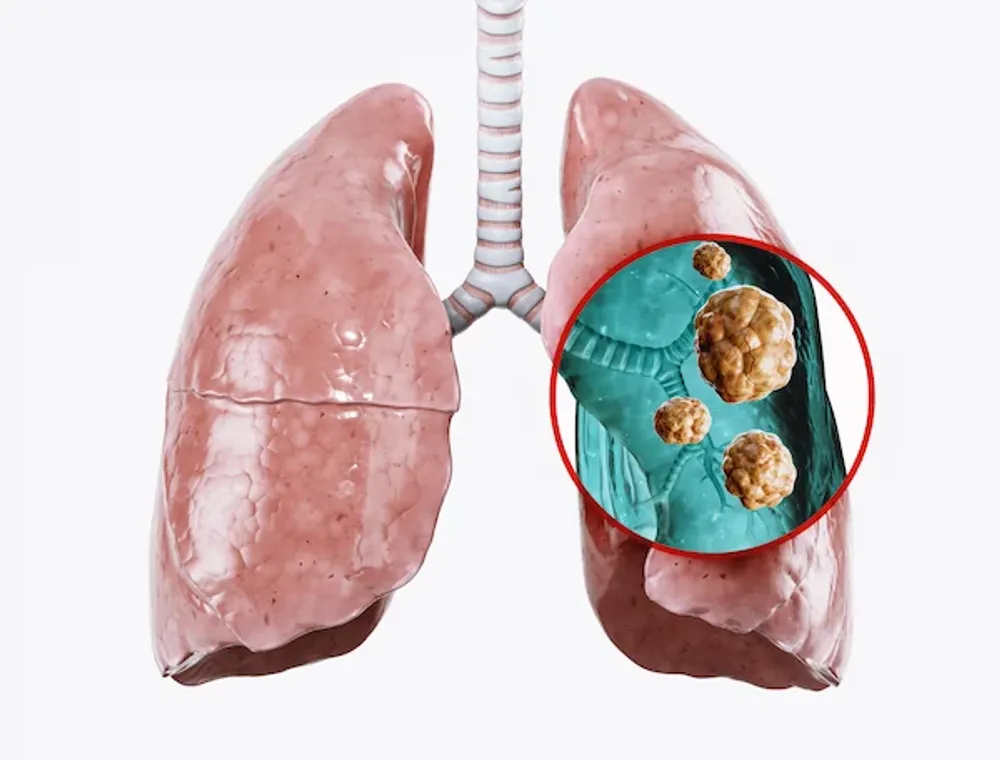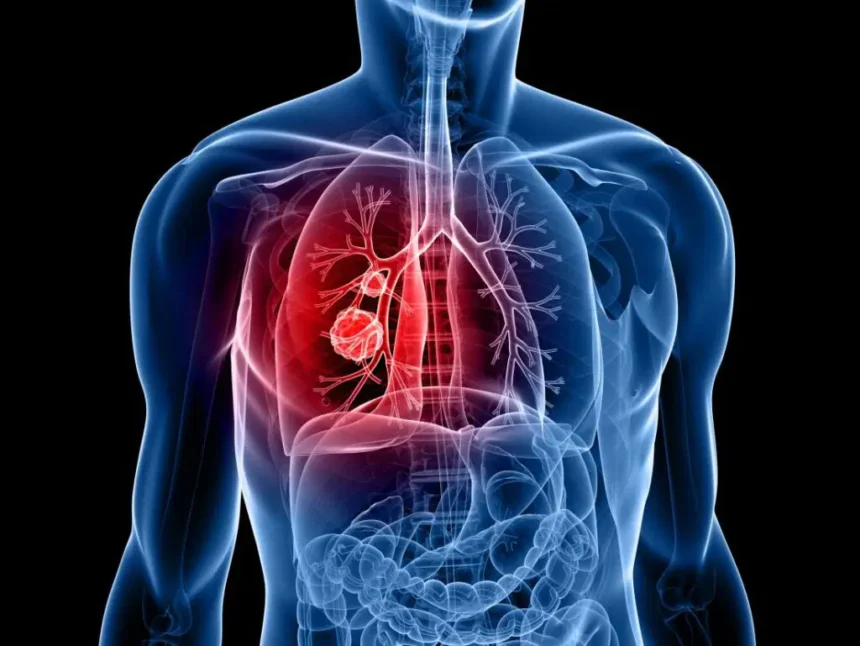Introduction
Recent research highlights a potential link between ultra processed foods and lung cancer risk, adding another reason to limit consumption of highly processed items. Ultra processed foods include items rarely found in home kitchens, such as packaged snacks, sodas, frozen meals, and processed meats. These foods often contain artificial additives, preservatives, emulsifiers, and flavor enhancers, which can affect long-term health. While smoking remains the leading cause of lung cancer, studies suggest diet quality may also play a critical role in disease development.
What Are Ultra processed Foods?
Ultra processed foods are industrially manufactured products that include ingredients not commonly used in traditional cooking. Examples include:
- Soft drinks and diet sodas
- Packaged snacks like chips and cookies
- Processed meats such as hot dogs, sausages, and deli meats
- Pre-packaged frozen meals
- Instant soups and sugary breakfast cereals
These foods often contain:
- Preservatives to prevent spoilage
- Artificial colorings and flavorings
- Added sugar, salt, and unhealthy fats
- Emulsifiers to maintain texture and consistency
Research suggests that long-term consumption of such products can disrupt metabolic health, trigger inflammation, and potentially contribute to cancer development, including lung cancer.

Study Findings on Lung Cancer Risk
A recent observational study analyzed dietary patterns of over 100,000 participants using the National Health and Nutrition Examination Survey’s Food Frequency Questionnaire. Participants’ intake of ultra processed foods was compared with lung cancer diagnoses recorded in medical databases.
Key findings included:
- Individuals consuming the most ultra processed foods were 41% more likely to be diagnosed with lung cancer than those consuming the least.
- This association persisted even after adjusting for other risk factors, including smoking.
- Common ultra processed items included lunch meats, sodas, and packaged foods.
Although the study does not definitively prove causation, it strengthens evidence linking diet quality with lung cancer risk, emphasizing that reducing processed food intake can have meaningful health benefits. https://www.cancercare.org/diagnosis/lung_cancer
Why Ultra Processed Foods May Increase Lung Cancer Risk
Several mechanisms could explain the observed association between ultra processed food consumption and lung cancer risk:
- Chemical Additives and Contaminants
Processing and packaging can introduce harmful substances into foods, including:- Acrolein, formed when fats are cooked at high temperatures
- Plastic-derived chemicals from packaging
- Preservatives and artificial flavors that affect cellular health
- Inflammation and Oxidative Stress
Diets high in processed foods are often low in antioxidants and high in pro-inflammatory compounds, which may increase oxidative stress. Oxidative stress can damage lung tissue and DNA, contributing to cancer development. - Poor Nutrient Quality
Ultra processed foods tend to be low in essential nutrients such as fiber, vitamins, minerals, and healthy fats like omega-3s, which play protective roles against chronic diseases, including cancer. - Impact on the Microbiome
Diets dominated by ultra processed foods can disrupt the gut microbiome, impair immune function, and weaken the body’s natural defenses against tumor formation.
Smoking and Diet: A Combined Risk
While smoking is the most recognized risk factor for lung cancer, research shows that diet quality independently contributes to lung cancer risk, particularly in non-smokers. Adjusting for smoking habits in studies is complex, but evidence suggests that even individuals who never smoke may face higher risk if ultra processed foods dominate their diet.
Nutrition experts emphasize that combining a balanced diet with avoidance of tobacco products offers the greatest protection against lung cancer.
Healthier Alternatives to Reduce Risk
Switching from ultra processed foods to whole, minimally processed foods is key to reducing lung cancer risk and improving overall health. Some recommendations include:
- Increase plant-based foods: Vegetables, fruits, whole grains, legumes, nuts, and seeds
- Choose unprocessed proteins: Fresh poultry, fish, eggs, and plant-based proteins
- Avoid sugary drinks and snacks: Replace sodas with water, herbal tea, or freshly squeezed juice
- Cook at home: Prepare meals from scratch to control ingredients and minimize additives
- Read labels carefully: Avoid products with long ingredient lists and unrecognizable chemical names
Transitioning gradually by adding whole foods instead of focusing solely on removing processed items can help taste preferences adjust and create sustainable habits.
Tips for Practical Dietary Changes
- Replace packaged meals with homemade soups and salads.
- Swap refined grains for whole grains like brown rice, quinoa, or oats.
- Use glass or stainless steel containers instead of plastic for food storage.
- Reduce intake of fried foods and processed snacks.
- Incorporate antioxidant-rich foods such as berries, leafy greens, and nuts to support cellular health.
By adopting these strategies, individuals can significantly improve nutrient intake, reduce exposure to harmful additives, and lower potential risk for lung cancer.

Future Research Directions
Although current studies suggest a link between ultra processed foods and lung cancer risk, more research is needed to clarify mechanisms and establish causal relationships. Areas for further investigation include:
- Specific types of additives or packaging materials contributing to risk
- Long-term effects of combined exposures, including smoking and ultra processed food consumption
- Nutrient-based interventions to mitigate cancer risk
Researchers also recommend public health campaigns to raise awareness about the dangers of ultra processed foods and the importance of a nutrient-rich diet.
Conclusion
Diet plays a crucial role in lung cancer prevention, alongside well-known factors such as smoking cessation and regular physical activity. Evidence increasingly shows that ultra processed foods and lung cancer risk are linked through mechanisms involving inflammation, oxidative stress, poor nutrient quality, and harmful chemical exposure.
Prioritizing whole, unprocessed foods and minimizing processed items not only reduces lung cancer risk but also supports overall health, immunity, and longevity. Small, consistent dietary changes can yield long-term benefits and empower individuals to take control of their health.




